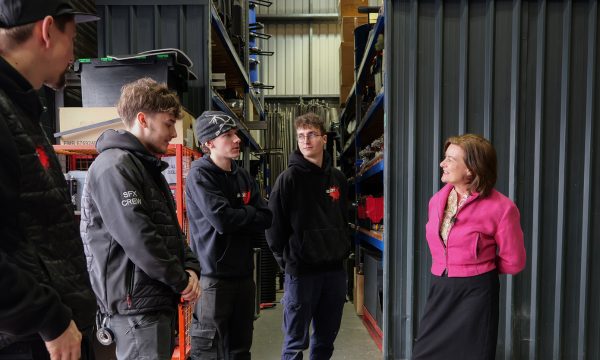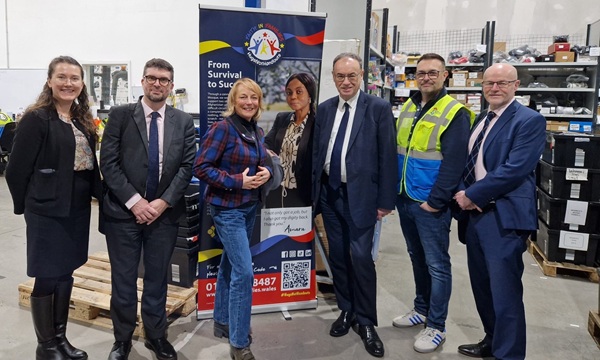
Councils are in ‘firefighting’ mode, focused on managing demand for temporary accommodation rather than prevention and value for money, says Audit Wales.
In a new report, it highlights that temporary accommodation demand has increased almost five-fold in the last decade. Financial challenges, coupled with the increase in temporary accommodation demand in recent years, means councils are operating in ‘firefighting’ mode, focusing on managing demand.
High levels of demand and rising costs mean that councils are spending considerable amounts of money providing accommodation, but this accommodation often isn’t meeting people’s long term needs, the report warns. Providing the right support and preventing the need for temporary accommodation is important to not only support people’s well-being, but councils’ future financial sustainability.
Audit Wales said it had found that councils have made limited progress in improving the prevention of homelessness and reducing the demand for temporary accommodation. Councils and their partners are not making use of the full range of preventative approaches, which means they risk missing opportunities to prevent the need for temporary accommodation, it added.
Councils are not assessing the value for money of their current temporary accommodation provision, says the report. Even with a focus on prevention, councils will likely always need to offer some temporary accommodation for people who are experiencing homelessness. Ensuring they understand the outcomes they are achieving for the money spent is crucial to effectively supporting people and reducing the risk to councils’ financial sustainability.
The report explains the cost and increases in demand for temporary accommodation, as well as identifying opportunities to improve the value for money of councils’ approaches. It also makes recommendations aimed at improving both the prevention of, and the value for money, of temporary accommodation.
These recommendations include:
- defining and evaluating value for money;
- strengthening the planning of homelessness prevention through better use of data; and
- improving partnership working to support prevention.
Auditor General Adrian Crompton said:
“Councils are currently in ‘firefighting’ mode, focused on dealing with high costs and levels of demand. I recognise how challenging it may be to make the shift, but councils need to focus more on prevention and assessing the value for money of temporary accommodation options. There’s a risk if this doesn’t happen that short-term solutions will become a long-term crisis both for those experiencing homelessness and for public finances.”












